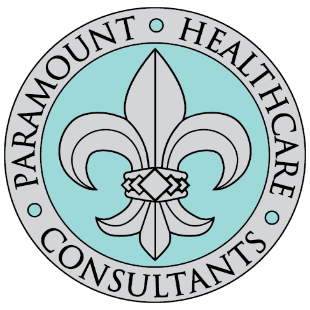Nutrition plays a vital role in recovery from surgery, injury, or substance abuse. However, when your body doesn’t receive adequate nourishment, it can slow down and hinder the rehabilitative process. It also affects your ability to adequately digest, absorb, and utilize the nutrients in the food, which can cause severe long-term deficiencies.
If you’re in rehabilitation, you should include the following nutrients in your diet for better results:
Vitamin C
Vitamin C helps the body maintain healthy bones, heal wounds, recover lost tissue, and increase collagen production. Because the human body can’t store vitamin C, you need to replenish it frequently. Citrus fruits and vegetables such as pineapple, bell peppers, chili peppers, strawberries, kale, broccoli, and brussel sprouts are excellent sources of Vitamin C.
Zinc
Zinc benefits the biological processes involving mucous membranes, skin, and cell division, which is how the body creates new tissues. It also strengthens the immune system. Foods high in zinc include beef, lamb, oysters, spinach, shrimp, and cashews.
Vitamin A
Vitamin A assists in cell reproduction and reduces infection risks, which is crucial for healing wounds. Unlike vitamin C, the body can store vitamin A in the fat tissue, which can be retrieved for later use.
The current recommended daily consumption of vitamin A is 3,000 IU for men and 2,300 IU for women. Sources of vitamin A include salmon, beef liver, cod liver oil, and eggs. Foods that are high in carotenoids like carrots, kale, sweet potatoes, collards, and spinach are also excellent secondary sources of vitamin A.
Vitamin D
As people age, their bones become progressively weak because of Vitamin D deficiency. If you are going through physical rehabilitation, you need strong bones for a speedy recovery.
Research has also shown that vitamin D increases muscle strength. Oily fish, liver, red meat, and egg yolks are excellent natural Vitamin D sources. However, to ensure an adequate and steady supply of Vitamin D, you can take supplements. They are especially useful for individuals whose deficiency is because of continued lack of sun exposure.
Vitamin B complex
You must include vitamin B complex supplements in your daily diet during rehabilitation. It provides a host of benefits such as making new cells, turning food into energy, and reducing inflammation, all of which play a crucial role in the recovery process.
Protein
Protein provides the strength to repair muscle and tissue. It also helps the body fight infection and improves collagen formation. You can consume meat, poultry, fish, and eggs, as they are excellent protein sources. For vegetarians, lentils, beans, and soy can fulfill daily protein requirements.
About Cornerstone at the Ranch
We are a Skilled Nursing & Rehabilitation Center that aims to provide a home-like atmosphere after surgery so patients can rebuild strength and return home. We offer physical therapy, dietary services, occupational therapy, speech therapy, 24-hour skilled nursing, and social services. You can call us at (337) 981-5335 or fill the contact form to know more.
